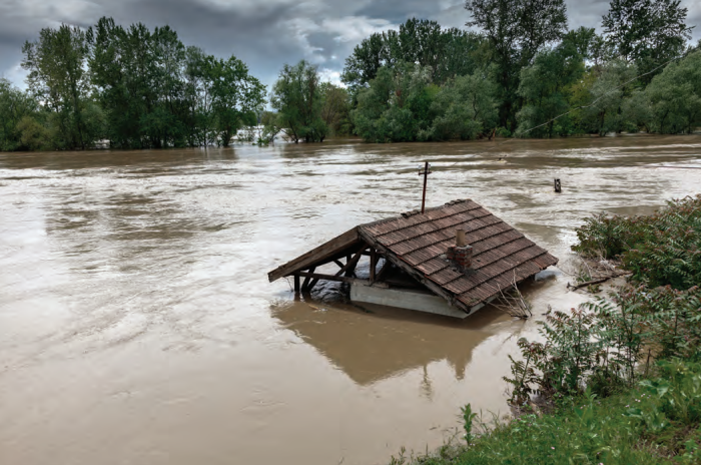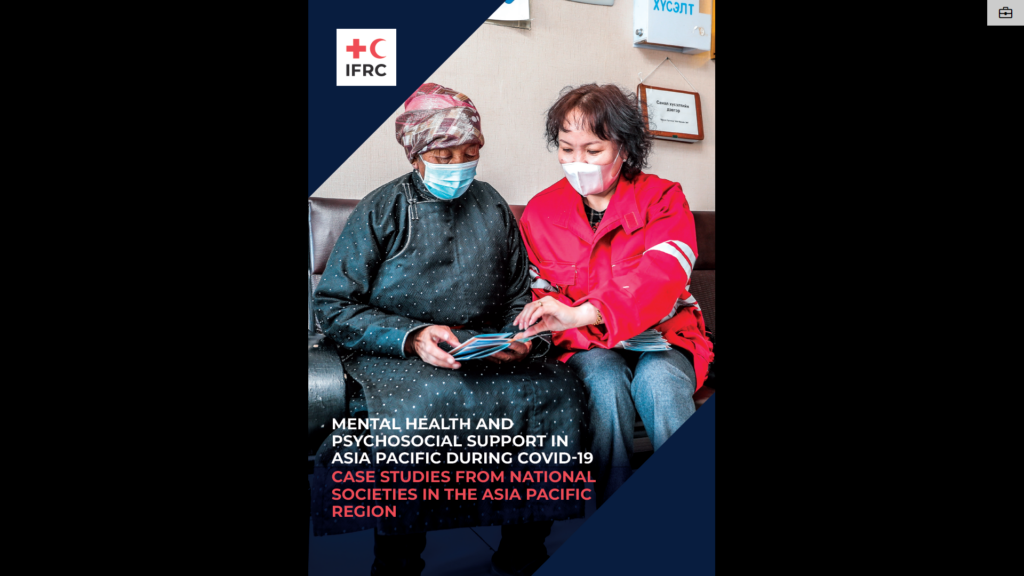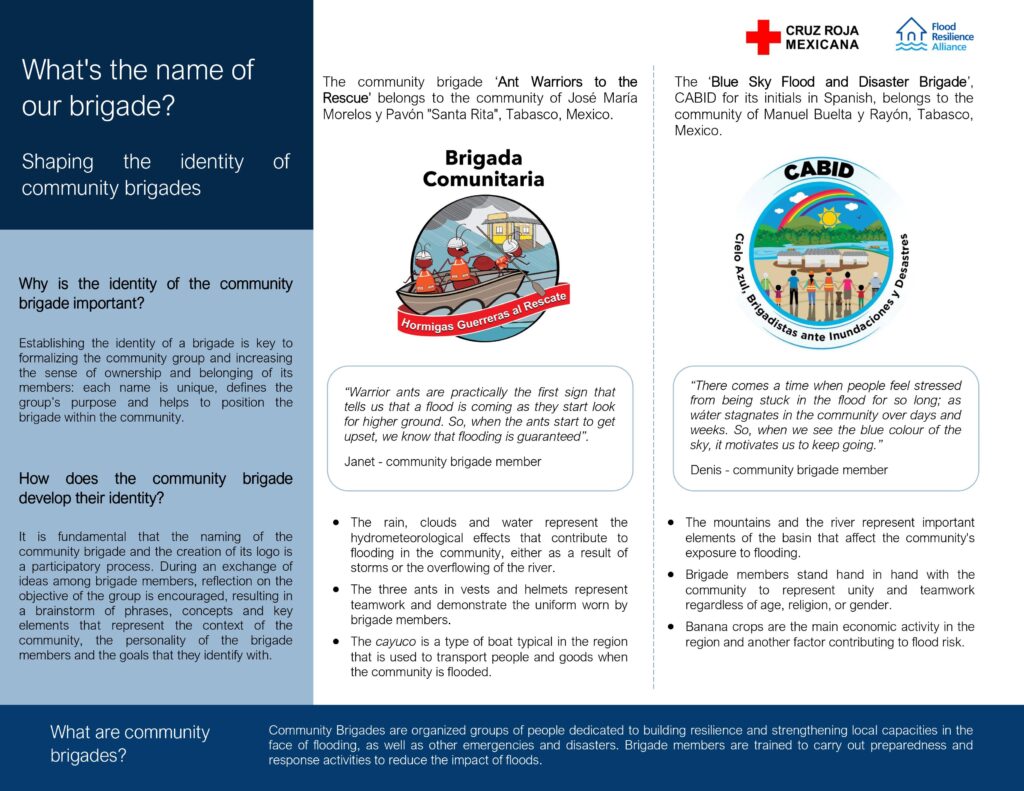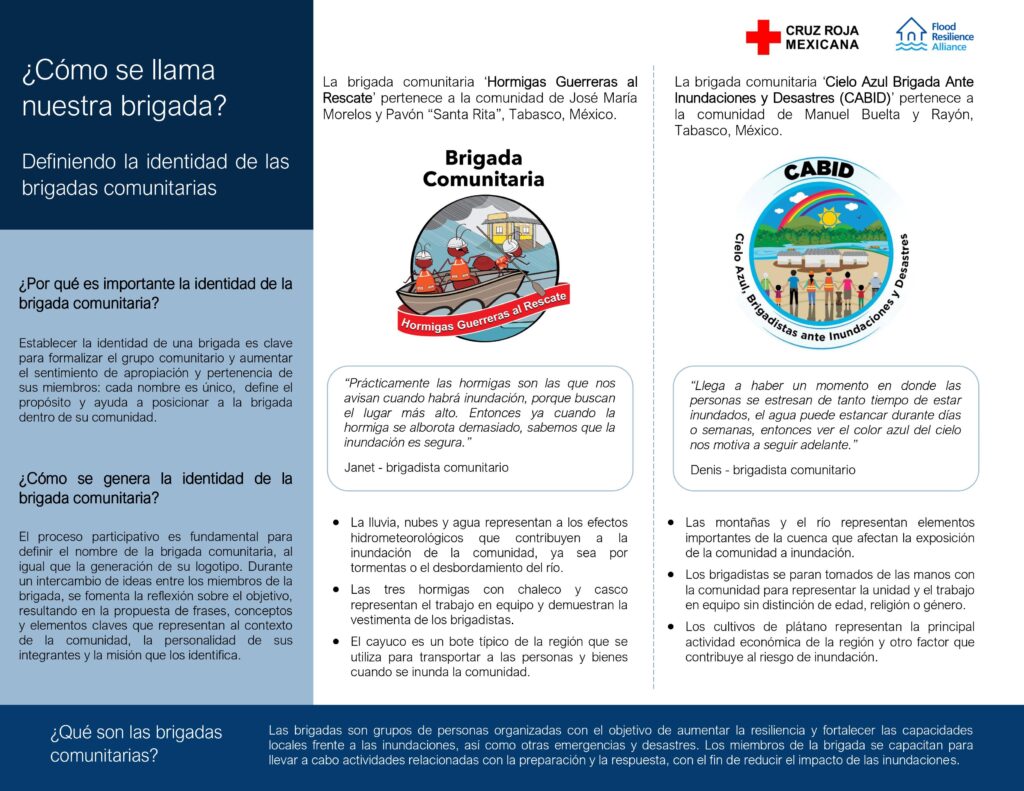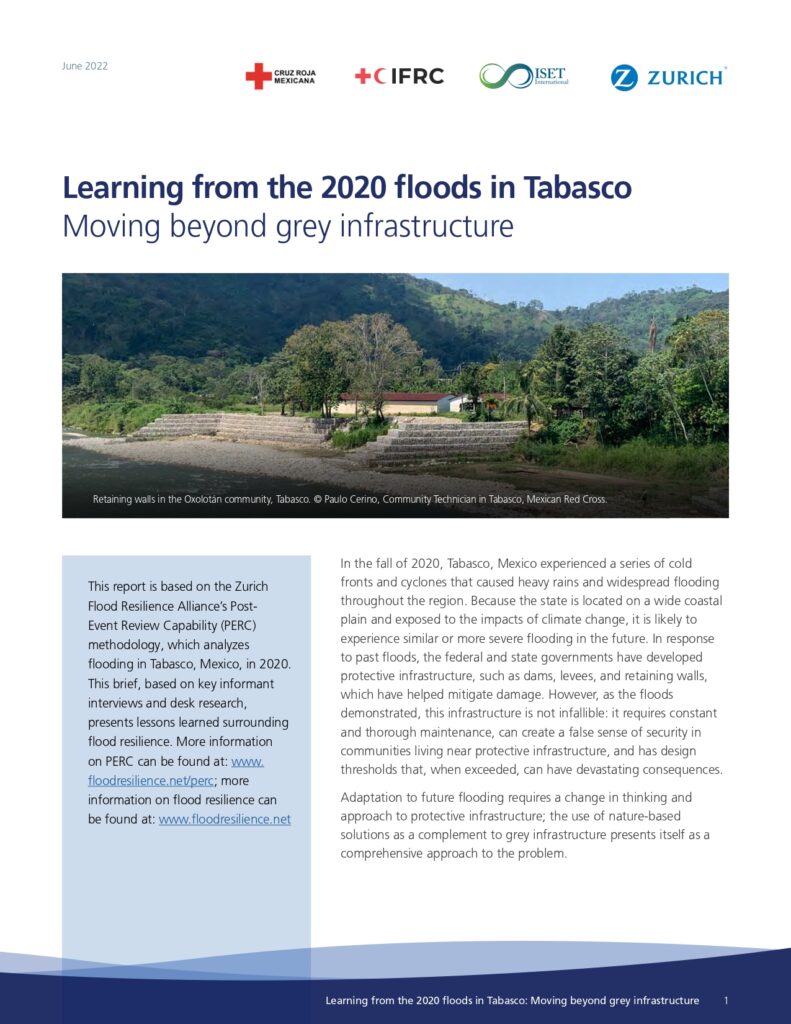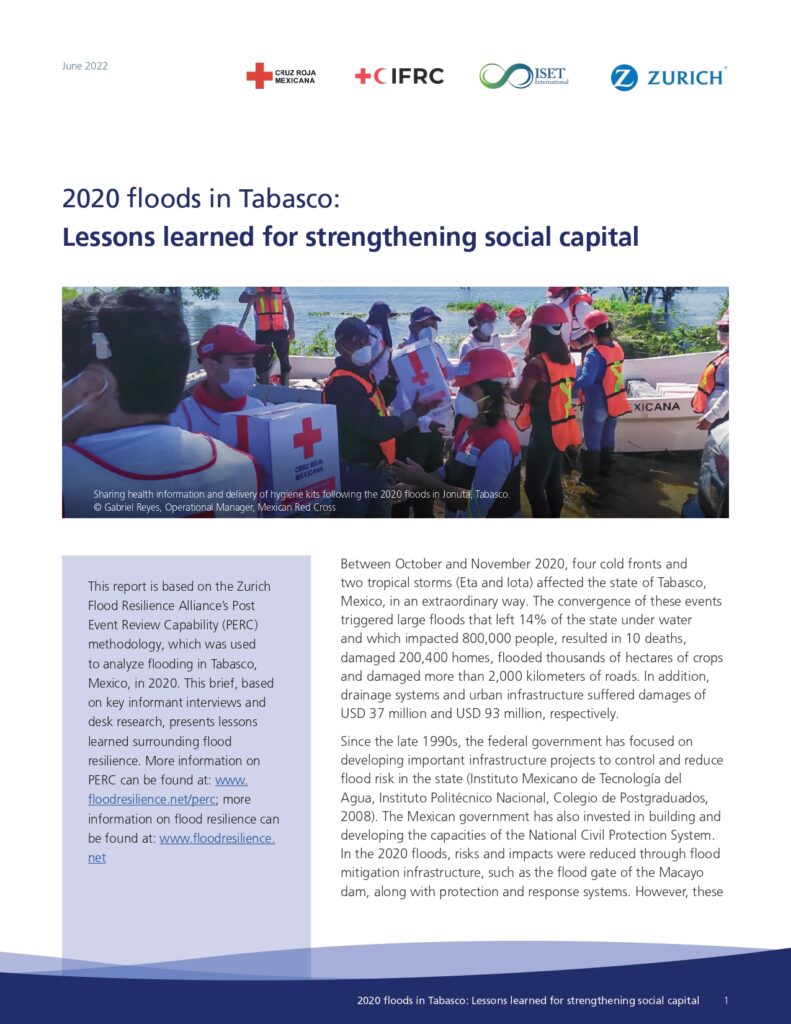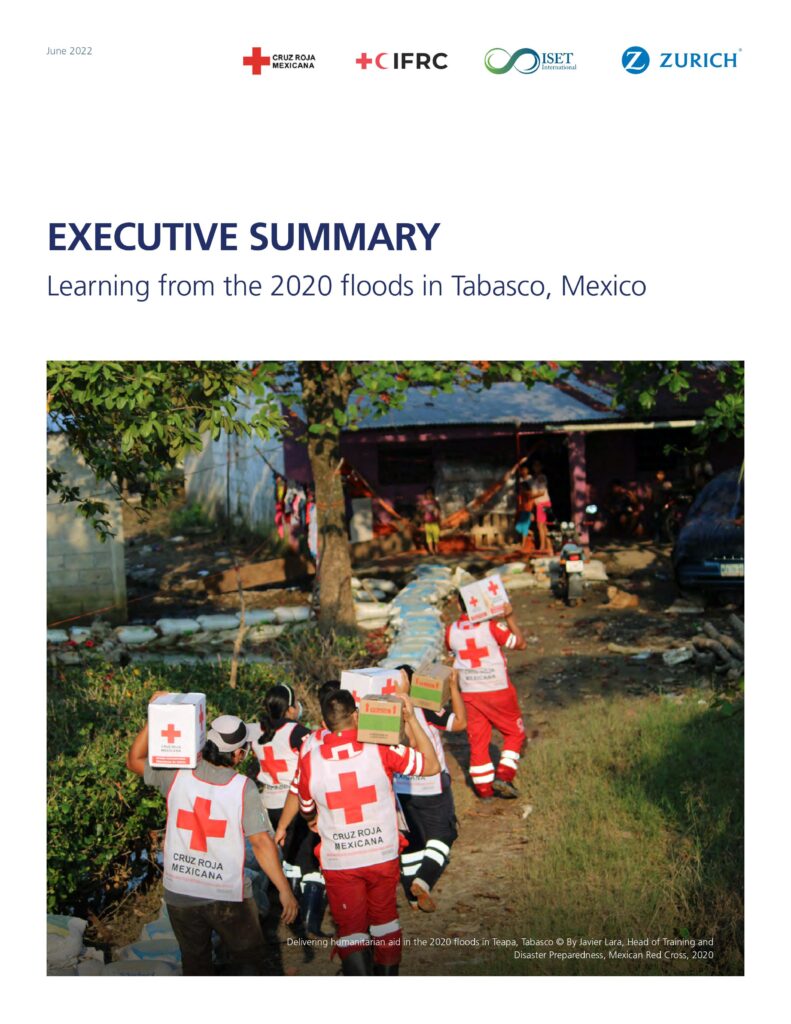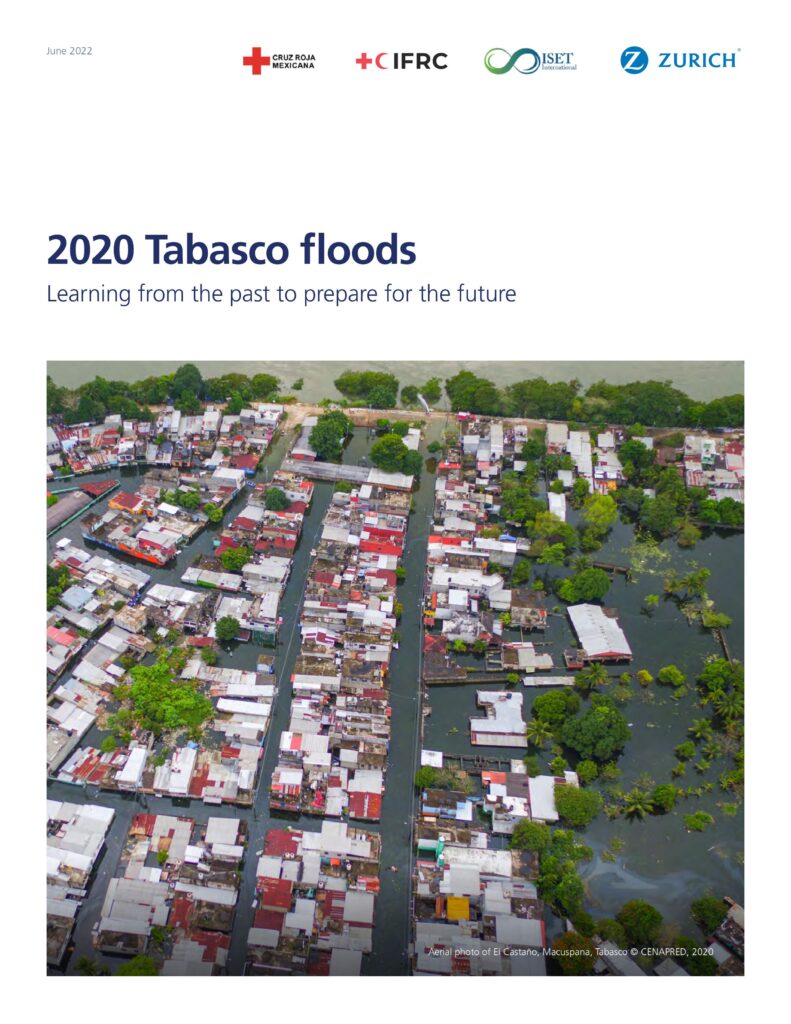Chemical, biological, radiological and nuclear (CBRN) threats: The impact on breastfeeding safety and infant/young child feeding
CBRN emergencies are among the most alarming threats facing the world today. In modern warfare, there is increased risk of chemical, biological, radiological, and nuclear (CBRN) weapons exposure and of nuclear emergencies due to damage to nuclear power plants. Most international agencies have action guidelines for the general population, but an urgent gap exists in […]


